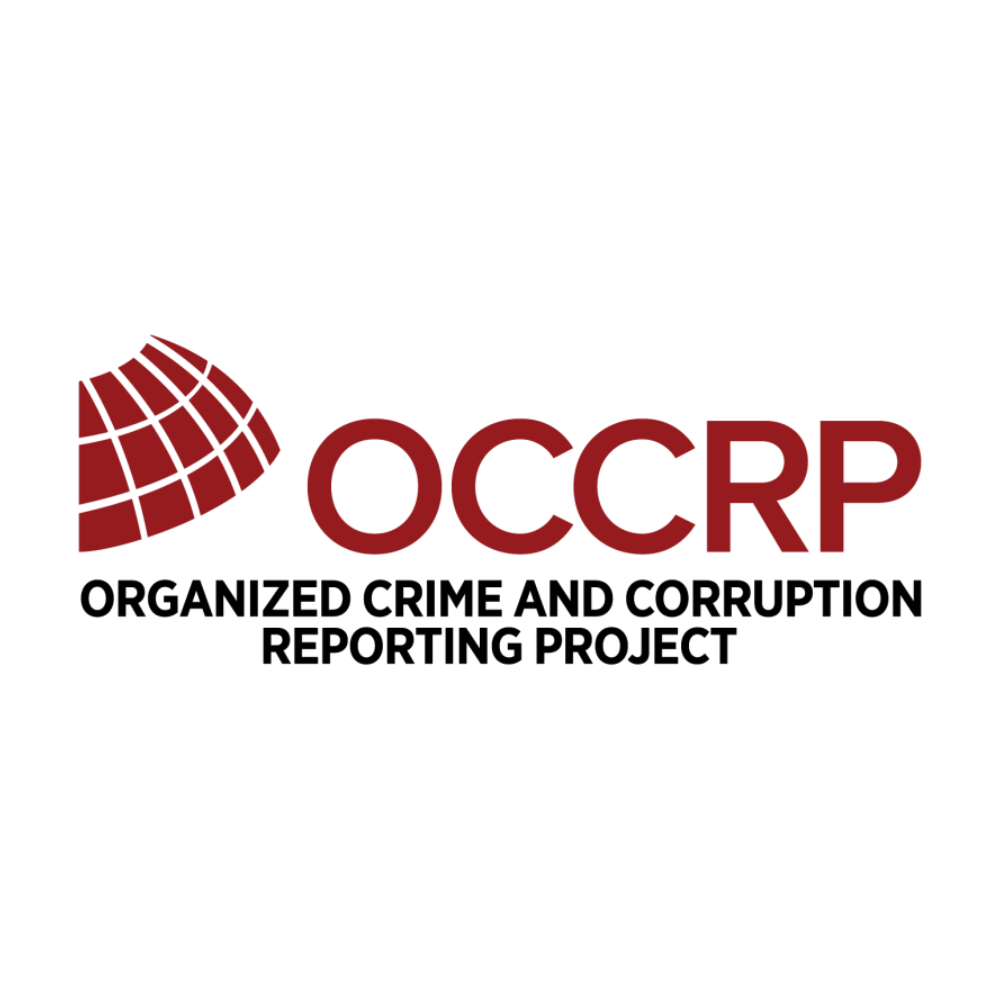
In previous posts, we discussed the importance of adverse news in due diligence processes, as well as in the internal procedures of obligated entities. Therefore, today we are going to analyze OCCRP — Organized Crime and Corruption Reporting Project — and the impact their investigations have generated.
OCCRP was founded by journalists Paul Radu and Drew Sullivan in 2006 following a joint investigation titled “The Power Brokers”. This investigation looked into an energy crisis that caused widespread blackouts in Romania, Bosnia, Bulgaria, and Albania. The investigation exposed questionable business dealings in the energy sector of these countries. During the investigation, both reporters realized they could achieve more and better results if they joined forces.
From this alliance, OCCRP emerged as a platform for investigative journalism. The entity’s mission is “to develop and equip a global network of investigative journalists and publish their stories, exposing crime and corruption so the public can hold power accountable.”
As a global platform of independent journalists or journalist associations, it has correspondents worldwide. For instance, in Latin America, its main hub is the Latin American Center for Investigative Journalism — CLIP —, a network of journalists from across the Americas. Additionally, OCCRP has partnerships with similar organizations in Europe, the Caucasus, Asia, Africa, and more localized regions such as the Middle East.
OCCRP’s international recognition is undeniable. In 2023, they were nominated for the Nobel Peace Prize for their contribution to global peace by exposing corrupt networks and organized crime. In 2022, they were awarded the Allard Prize for International Integrity.
Among their most recent investigations, we find: key figures in organized crime in Romania, how a Belarusian magnate used one of Latvia’s largest banks to launder money, or how Kazakhstan has become a route for supplying Russia’s war machine.
Finally, it is important to mention the databases and sources provided by OCCRP. The most significant of these is Aleph, which brings together hundreds of databases from around the world with diverse information. According to OCCRP, Aleph contains over 250 databases, aggregating information on more than 400 million entities or individuals from 142 countries.
I am an obliged entity and looking for an AML tool.
Great! You’ve come to the right place at the right time. Request a demo with the Pibisi team and tell us what you need with no obligation.
I’m not sure if I’m an Obliged Entity…
No problem, it’s a very common question. Take our simple questionnaire and find out NOW.
If you want to stay updated with new articles, subscribe to our newsletter if you haven’t done so already.
And if you’d like to suggest a topic you’d like us to write an article about, or you simply want to get in touch with us, you can do so via our contact form.

